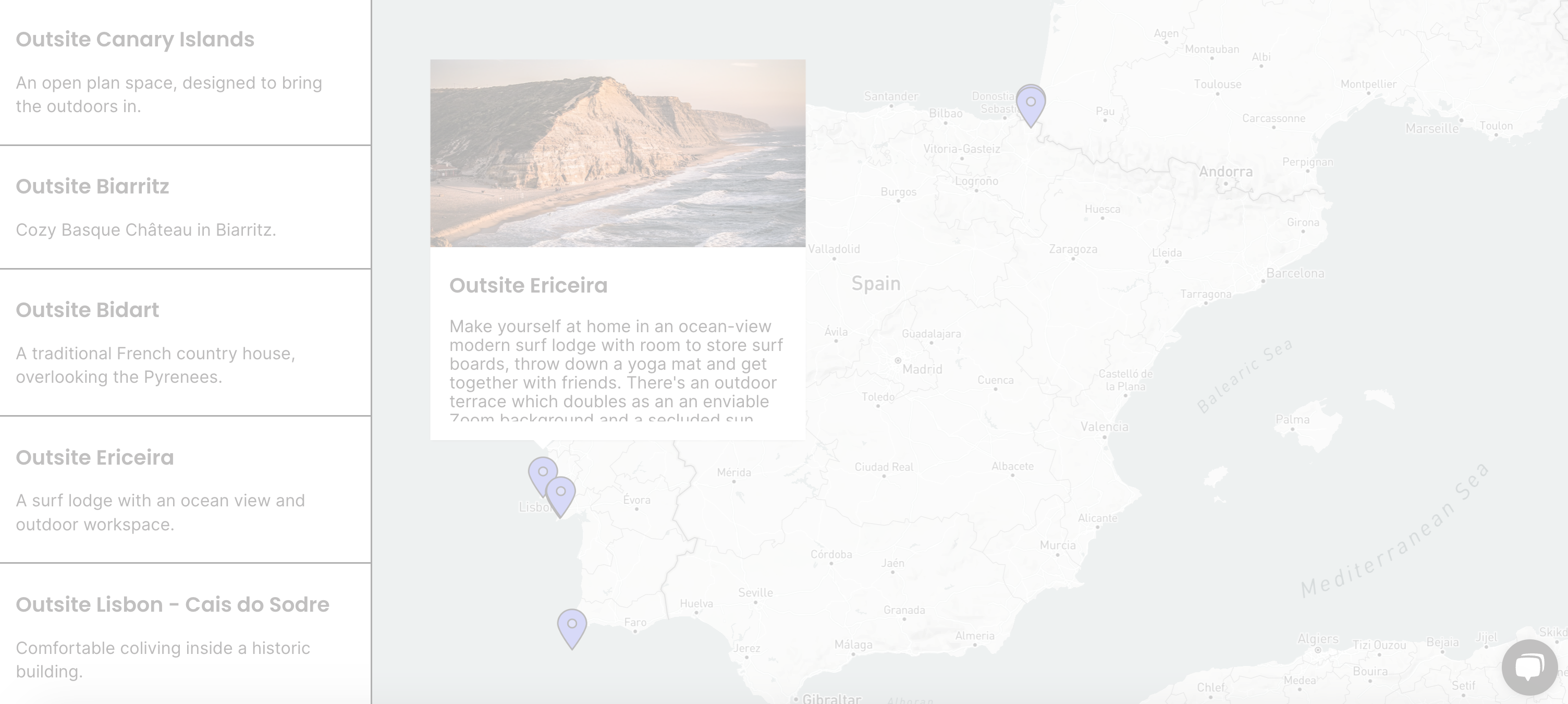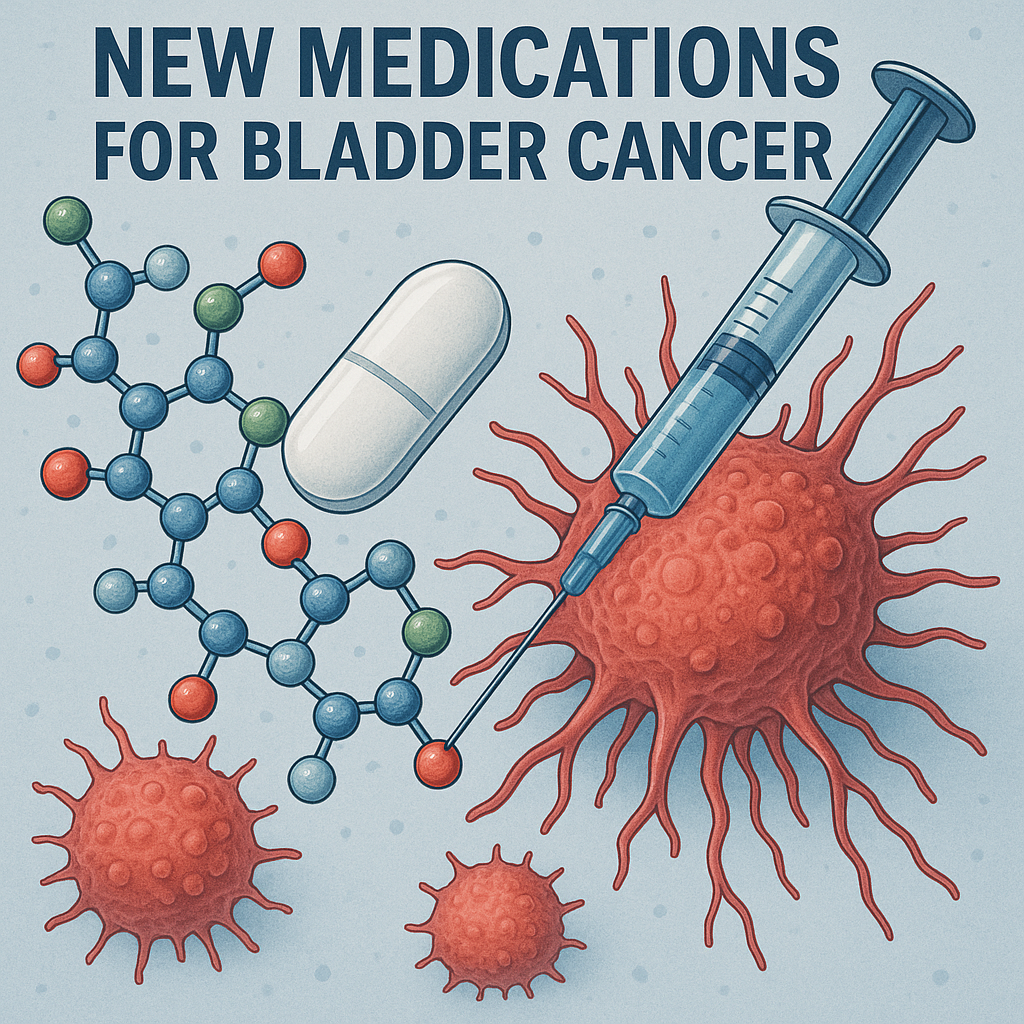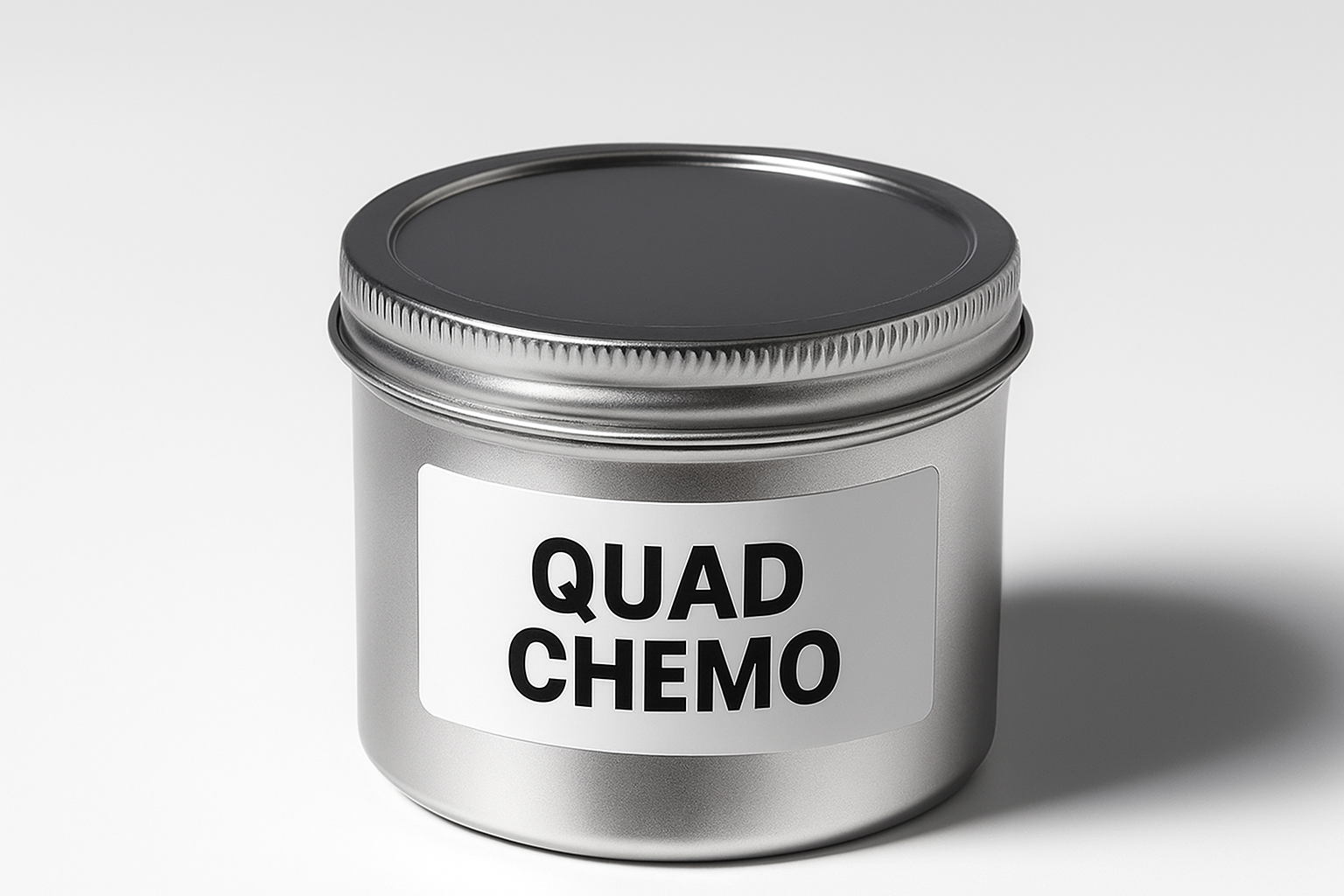Intravesical therapy for bladder cancer
Our story
This website was established to offer an accessible source of information featuring the most recent updates on the application of intravesical sequential doublet chemotherapy, which encompasses gemcitabine/docetaxel (Gem/Doce), Gem/mitomycin C (Gem/MMC), and valrubicin/Doce (Val/Doce) for treating non-muscle-invasive bladder cancer (NMIBC).

Intravesical Gemcitabine/Docetaxel therapy
What constitutes Gem/Doce therapy?
Intravesical gemcitabine and docetaxel therapy treats non-muscle invasive bladder cancer by directly delivering chemotherapy into the bladder, targeting cancer cells while reducing systemic side effects.

Tips and tricks for better tolerability of intravesical Gemcitabine/Docetaxel therapy
These strategies can help make the treatment more tolerable and improve patient comfort. They are based on the treatment experiences of over 500 patients and multiple regimen adjustments to optimize outcomes..
Advanced Urologic Cancer Consensus Conference (AUC3)
2025

Intravesical Valrubicin/Docetaxel therapy
What constitutes Valrubicin/Docetaxel therapy?
Intravesical Valrubicin/Docetaxel therapy consists of the sequential administration of valrubicin and docetaxel for treating high-risk non-muscle invasive bladder cancer, especially in patients who do not respond to BCG or gemcitabine/docetaxel therapies.

4-Intravesical sequential gemcitabine/docetaxel for non-muscle invasive bladder cancer: tips and tricks for better efficacy and tolerability
Recent data published by other groups on intravesical chemotherapy for NMIBC
3-Cost-effectiveness analysis of different treatment modalities in BCG-unresponsive NMIBC
16-Bladder neck involvement in non-muscle-invasive bladder cancer: risk implications and outcomes of BCG vs gemcitabine/docetaxel
Strategies to optimize outcomes for patients with non-muscle invasive bladder cancer
Complete Transurethral Resection of Bladder Tumor
Complete TURBT is crucial for patients with non-muscle-invasive bladder cancer because it ensures accurate tumor staging and grading, reduces the risk of recurrence, and optimizes patient outcomes
Establishing an intravesical chemotherapy clinic
Establishing an intravesical chemotherapy clinic significantly enhances patient care by providing specialized, targeted treatments for non-muscle-invasive bladder cancer, leading to better outcomes and improved quality of life.
Adhering to Guidelines in Managing Non-Muscle-Invasive Bladder Cancer
Following guidelines is essential for ensuring the best possible outcomes for patients with non-muscle-invasive bladder cancer. Adhering to established protocols helps in accurate diagnosis, effective treatment, and reducing the risk of recurrence. It also ensures that patients receive standardized, high-quality care tailored to their specific needs.
Collaborative Research and Clinical Trials
Collaborative research and clinical trials advance medical science and improve patient outcomes by combining expertise and accelerating treatment development
Patient Education
Collaborative research and clinical trials advance medical science and improve patient outcomes by combining expertise and accelerating treatment development.

Latest news

Upgrade to Pro
Create engaging maps, effortlessly plot markers, and design informative popups, all through a simple drag-and-drop interface.
This is a feature of Generator, the pro version of this theme. Visit the Generator theme demo site for a live showcase of this feature in action.
Get the Generator Theme📢Forthcoming clinical trial conducted by our team
“Sequential Intravesical Gemcitabine and Docetaxel for High-Risk, BCG-Unresponsive Non–Muscle-Invasive Bladder Cancer: A Multicenter Prospective Phase 2 Trial”

FDA-Approved Drugs for BCG-Unresponsive NMIBC
🔽 Immunotherapy
Pembrolizumab (Keytruda) — Approved 2020
🔽 Gene Therapy
Nadofaragene Firadenovec (Adstiladrin) — Approved 2022
🔽 Cytokine-Based Immunotherapy
Nogapendekin Alfa Inbakicept-pmln (Anktiva) — Approved 2024
🔽 Intravesical chemotherapy Gemcitabine intravesical system (TAR-200, Inlexzo) — Approved 2025
Investigational Drugs for BCG-Unresponsive NMIBC
🔽 BCG-Based Combination Therapies
- BCG + Pembrolizumab (Systemic)
- BCG + Pembrolizumab (Intravesical)
- BCG + Atezolizumab
- BCG + Durvalumab
- BCG + Sasanlimab
🔽 Intravesical Chemotherapy Combinations
- Cabazitaxel + Gemcitabine + Cisplatin
🔽 Intravesical Drug Delivery Systems
- TAR-200
🔽 Viral and Vector-Based Therapies
- CG0070 (Cretostimogene grenadenorepvec)
- EG-70



